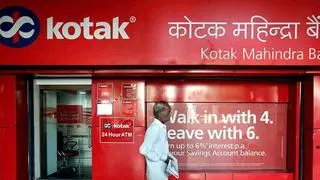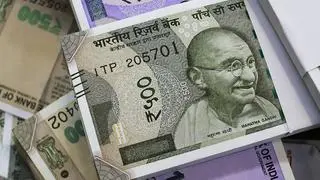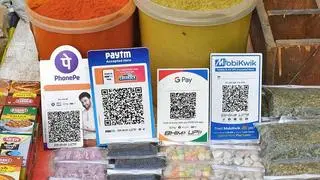A majority of fintech players are uncertain about the level of compliance to the Reserve Bank of India’s interoperability mandate for all full-KYC wallets and prepaid payment instruments (PPIs) even as the deadline to implement it expired on Thursday.
The interoperability mandate announced last year, also increased the permitted limit of balance to ₹2 lakh from ₹1 lakh while allowing cash withdrawals from full-KYC non-bank wallets. This technically makes wallets similar to bank accounts in terms of services.
Most of the top fintech players BusinessLine reached out to, declined to comment on the status of their mandatory compliance.
“Interoperability is more than a welcome move. It takes wallets and PPI closer to bank accounts and national electronic fund transfer (NEFT) systems. Earlier crediting and debiting money used to be a problem for PPIs. Debiting money is the harder part as it needs to be more secured. So far, cards used to be a way to ensure that. Then UPI came in place which makes things easier, but in the case of digital wallets things were different. For instance, if you have a Paytm wallet and you want to use it for payment, you would need to have a Paytm QR code to do so. Enabling interoperability will help wallets to connect with any brand’s QR code,” Reeju Datta, Co-founder, Cashfree Payments, told BusinessLine.
He added, “This will help non-bank PPIs especially gain expertise and become banks in the future.”
As per RBI, PPIs will include smart cards, magnetic stripe cards, internet accounts, internet wallets, mobile accounts, mobile wallets, and paper vouchers to name a few.
Need clarity on PPI UPI interchange
“Fintech companies issuing wallets, meal vouchers and acquiring merchants are playing in a semi-closed ecosystem. They are able to charge merchant discount rates (MDR) from them. The moment they make such instruments interoperable especially for cards and wallets, this will automatically involve card networks like Visa and Mastercard or NPCI for UPI. Since payment rails like UPI has zero MDR, and if the fintech player has to follow this, it will impact their revenue significantly,” Mehul Mistry, Global Head-Strategy, Digital Financial Services & Partnerships, Wibmo, A PayU Company, told BusinessLine.
He added: “While talks on starting to charge MDR on UPI is on, currently it is still running at zero MDR. Now, in case a wallet issuer has to route its payments through G-Pay or PhonePe, PayTM which are among the largest UPI QR acquirer in the offline space and are currently charging zero MDR, it will cause uncertainty and friction in making payments. The players are still awaiting regulatory clarity on the same. Very few fintechs and banks like LivQuik and ICICI Bank are in the process of making their PPIs interoperable, rest are taking it slow.”
---








Comments
Comments have to be in English, and in full sentences. They cannot be abusive or personal. Please abide by our community guidelines for posting your comments.
We have migrated to a new commenting platform. If you are already a registered user of TheHindu Businessline and logged in, you may continue to engage with our articles. If you do not have an account please register and login to post comments. Users can access their older comments by logging into their accounts on Vuukle.